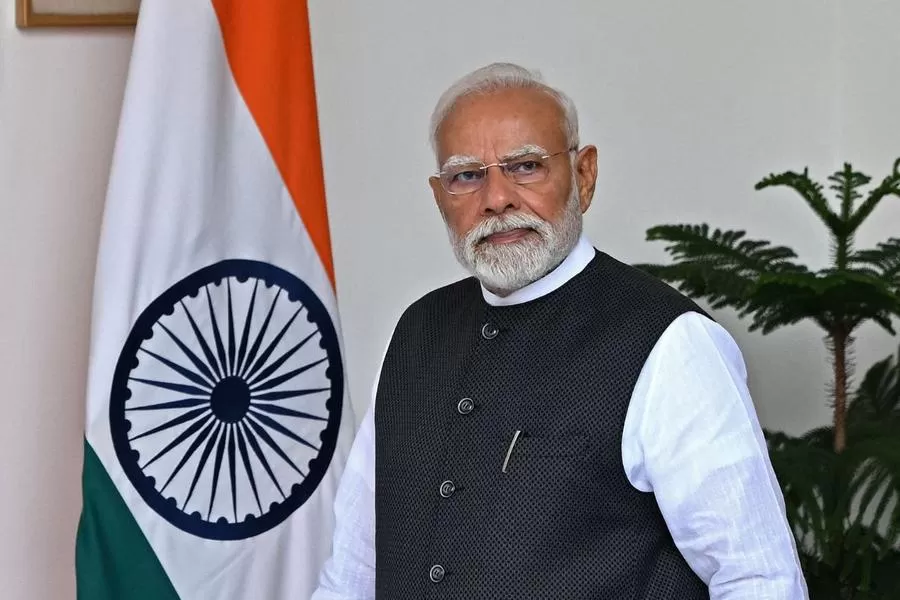Trump's Tariff Tsunami: A Constitutional Showdown Looms for Global Trade
Share- Nishadil
- September 05, 2025
- 0 Comments
- 3 minutes read
- 53 Views

The Looming Legal Battle Over Trump's Ambitious Tariff Plans
Donald Trump's anticipated return to the White House could unleash an aggressive new era of trade policy, featuring sweeping tariffs. However, his plan to bypass Congress with executive orders is expected to face immediate and formidable challenges at the Supreme Court, potentially setting a landmark precedent for presidential authority.
Should Donald Trump reclaim the Oval Office, the global economic landscape is bracing for an unprecedented shake-up. His well-documented intention to impose a sweeping 10% tariff on all imports and a staggering 60% on goods from China, leveraging executive authority, is poised to ignite a constitutional firestorm that could redefine presidential power and reshape international trade.
The former president has made no secret of his disdain for existing trade agreements and his belief in protectionist measures.
His strategy, as outlined by sources close to his campaign, involves sidestepping Congress by directly imposing these tariffs. While the Trade Act of 1974 grants some presidential discretion in emergencies, the scale and nature of Trump's proposed tariffs are widely seen as exceeding typical executive purview, pushing the boundaries of what is legally permissible.
This aggressive stance is almost guaranteed to trigger immediate legal challenges.
Business associations, foreign governments, and potentially even members of Congress are expected to swiftly bring lawsuits, arguing that such broad tariff authority rests with the legislative branch, not the executive. The U.S. Constitution explicitly grants Congress the power to regulate commerce with foreign nations, a power traditionally interpreted as encompassing tariffs and trade policy.
All eyes will inevitably turn to the Supreme Court, particularly its conservative supermajority.
Ironically, many of these justices, appointed by Trump himself, are adherents of 'originalism' and 'textualism' – judicial philosophies that emphasize strict adherence to the Constitution's original meaning and the plain text of statutes. This principle could prove to be a significant obstacle to broad executive actions that appear to usurp powers explicitly delegated to Congress.
A critical precedent that legal scholars are already discussing is the 1930s Supreme Court case of J.W.
Hampton, Jr., & Co. v. United States. This ruling established the 'intelligible principle' doctrine, allowing Congress to delegate some authority to the executive branch as long as it provides a clear guiding principle. However, the sheer scope of Trump's proposed tariffs, if implemented via executive order without specific congressional authorization, could be seen as lacking such an 'intelligible principle' and an overreach of executive power, potentially violating the non-delegation doctrine.
The legal battle promises to be monumental, with profound implications not just for trade policy but for the balance of power within the U.S.
government. A Supreme Court ruling against the president could severely curtail future executive actions on trade, while a decision favoring Trump would dramatically expand presidential authority, potentially setting a precedent for presidents to unilaterally alter economic policy on a grand scale.
Beyond the legal complexities, the economic fallout of such tariffs would be immense.
Industries reliant on global supply chains would face unprecedented costs, consumers could see significant price increases, and retaliatory tariffs from other nations would likely plunge the world into a new era of trade wars. As the 2025 political landscape unfolds, the looming constitutional clash over Trump's trade ambitions remains one of the most significant and uncertain challenges on the horizon.
.Disclaimer: This article was generated in part using artificial intelligence and may contain errors or omissions. The content is provided for informational purposes only and does not constitute professional advice. We makes no representations or warranties regarding its accuracy, completeness, or reliability. Readers are advised to verify the information independently before relying on







